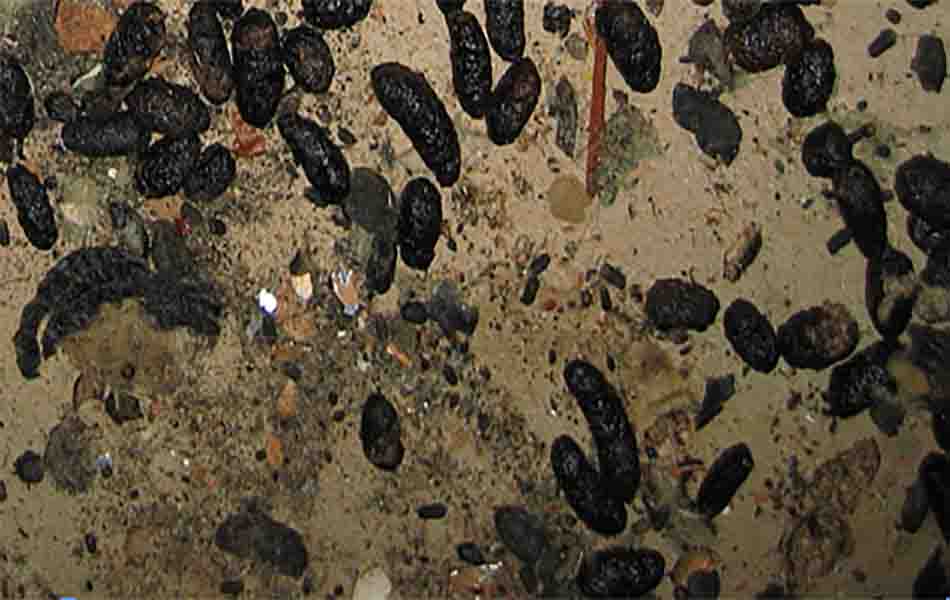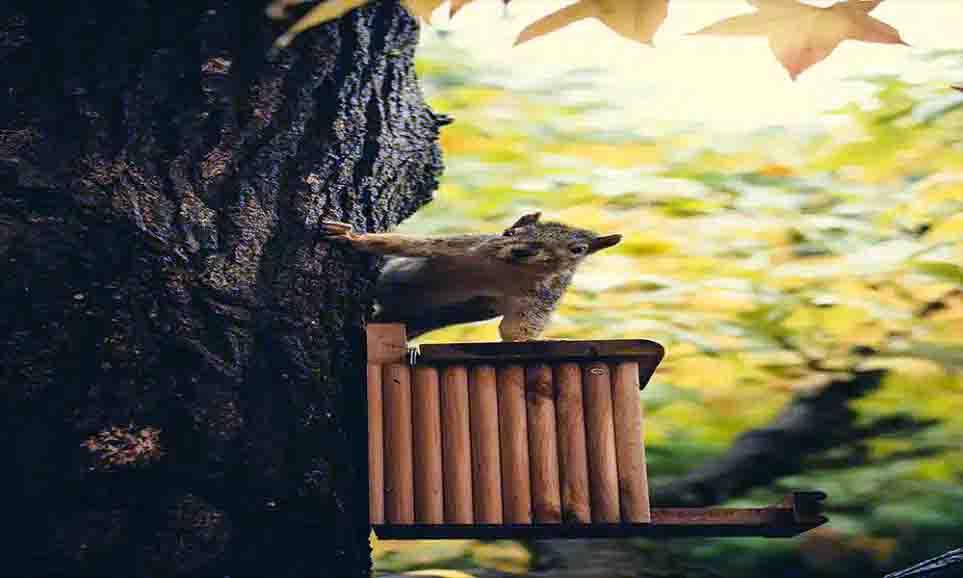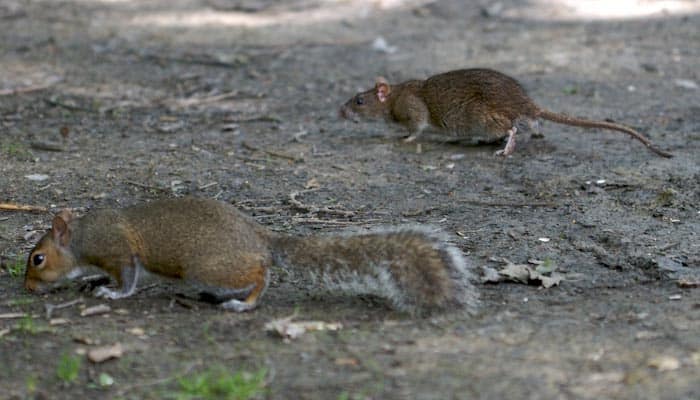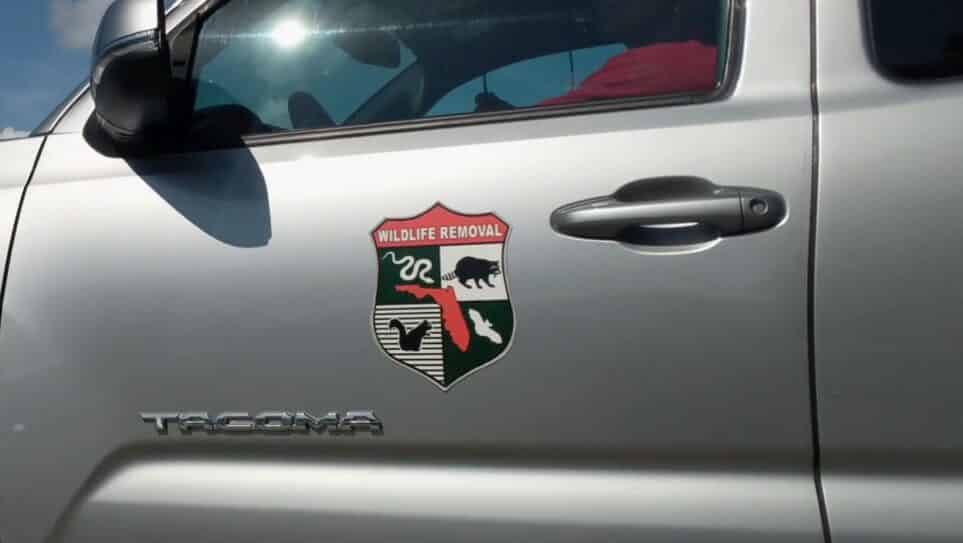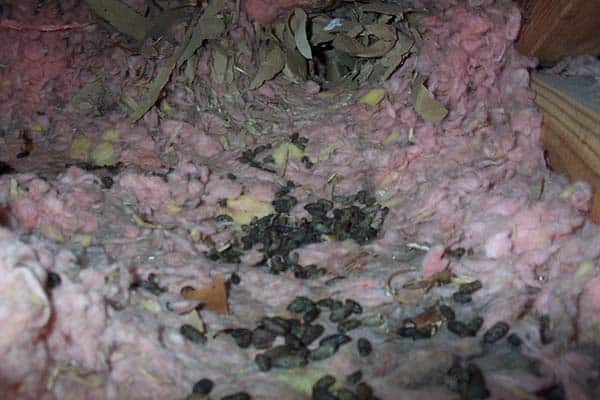How to Get Rid of Squirrel Feces in the Attic Squirrels are one of the most common animal tenants in attics, and there’s a lot you need to know about their droppings. To help with all your snooping needs, I’m going over what sorts of feces these little guys leave behind and how they can be identified as being from … Read More
Is Squirrel Feces Dangerous? 2022
What Does A Squirrel Eat? Squirrels are omnivores which means they eat a variety of different things. They enjoy eating seeds, nuts, vegetables, human garbage, eggs from other animals, and even small animals. However, if a squirrel cannot find any food, they are known for eating just about anything they can lay their eyes on. These small mammals are common … Read More
Animal in Attic Removal Cost in 2020
How Much Does it Cost to Remove Wildlife from your Attic? Unfortunately, there is no such thing as an average standard price in professional control for nuisance wildlife. It’s like asking for the average cost to repair your cars in some ways. There are no right answers, and every job is very different. Also, different companies will charge different rates … Read More
Squirrel Poop vs Rat Poop (2022)
Squirrel Poop and Rat Poop: What are the differences? When you think about the difference between squirrel poop and rat droppings, it’s not the ideal pass time. Regardless, if you’ve noticed animal droppings in your home, you are best off being able to identify what type of feces is present. It would be best if you distinguished between rat droppings … Read More
The Best Local Wildlife Removal in Boca Raton
Winter Wildlife in South Florida Bats hibernate to survive the cold winter months. They do so because there are not enough insects flying around in the winter to support their active metabolism. Bat hibernation requires specific temperatures ranging from 35 to 40 degrees Fahrenheit. Big Brown bats have adapted to hibernating in attics rather than cave systems since attics are … Read More
What Does Squirrel Poop Look Like? (2020)
What Exactly Does Squirrel Poop Look Like? You will typically find squirrels running up your trees or even through your backyard. They don’t become much of a problem until they end up in your home, usually in the attic. When they do get inside your home, they can be downright troublesome. In the majority of cases, you will find unpleasant … Read More

